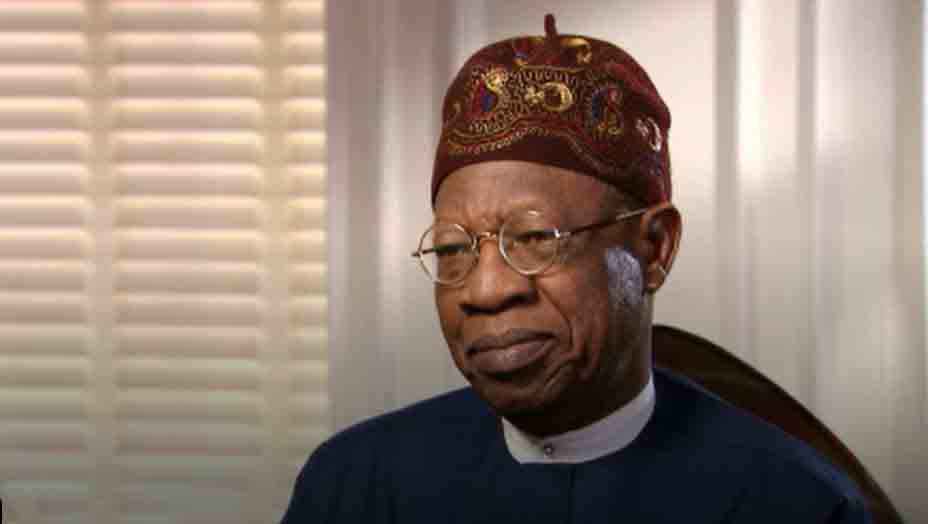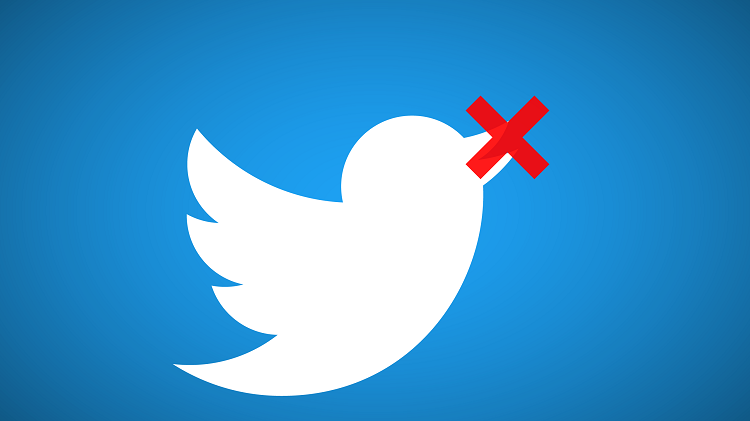As Nigeria fully enters into another presidential election campaign season, the Nigerian government released a statement on Wednesday that it has lifted the Twitter ban that many, including the president of the Nigerian Bar Association, Olumide Akpata has called “illegal.”
In the statement declaring the ban lifted, the spokesperson for the government said that their “action is a deliberate attempt to recalibrate our relationship with Twitter to achieve the maximum mutual benefits for our nation without jeopardizing the justified interests of the Company. Our engagement has been very respectful, cordial, and successful.”
Long before the EndSARS protest caught fire, with Nigerians mobilising largely on Twitter, the Nigerian government had been on a journey to curtail criticism of its actions on social media, especially on Twitter, Nigerians most preferred medium, proposing a so-called “Social Media Bill” that many experts say tramples on the freedom of expression of Nigerians.
In June 2020, the Nigerian government suspended the operation of Twitter just days after the microblogging platform deleted the president’s tweet for violating its policies. President Muhammadu Buhari had made a tweet in which he made reference to the unfortunate Biafran civil war, remarking that those misbehaving today would be treated “in the language they understand.”
“Many of those misbehaving today are too young to be aware of the destruction and loss of lives that occurred during the Nigerian Civil War. Those of us in the fields for 30 months, who went through the war, will treat them in the language they understand.”
The backlash was immediate. Twitter deleted the tweet that many saw as threatening violence against South Eastern Nigerians. The at a news conference, said that the mission of Twitter in the country was “suspect.”


Announcing the ban, Nigeria’s Minister for Information and Culture, Alhaji Lai Mohammed said the Federal Government is suspending the operations of the social networking service, for “activities that are capable of undermining Nigeria’s corporate existence.”
He added that Twitter had become a “platform to organize, coordinate, and execute criminal activities, propagate fake news, and promote ethnic and religious sentiments.”
222 days, N450 billion lost and other consequences
In a statement at the time, Twitter said that “access to the free and #OpenInternet is an essential human right in modern society.” Adding that they “will work to restore access for all those in Nigeria who rely on Twitter to communicate and connect with the world.”
But Nigeria has been without direct access to Twitter for 222 days. Although Nigerians quickly turned to VPNs to bypass the ban (including government institutions and officials some of whom were appointed by President Buhari himself), it still didn’t lessen the effect that the ban would cause.
While the country continued to enjoy increased social media usage, with the number of active social media users rising from 27 million in 2020 to 33 million in 2021 according to Statista, the number of Twitter users in the country continued to decline.
Twitter currently has less than 7 million active users in Nigeria. In May 2021 before the suspension, there were about 23 million active users in the country according to Stat Counter. This means Twitter has lost about 16 million users in Nigeria since the Twitter ban.
On the economic front, millions of Naira have been lost by Nigerians, especially young Nigerians that the president has called “lazy.” According to the NetBlocks Cost of Shutdown Tool, for every day that Twitter was banned in the country, a total of N2.46 billion was lost.
This invariably means that the country has lost about N450 billion in the 222 days that the Twitter ban lasted.
The ban also restricted opportunities for gig economy workers who source clients from Twitter and limits the chances of many job seekers trying to secure gainful employment. Many of the companies that would put up job vacancies on Twitter have stopped posting since the ban was announced.
Telecom operators also lost data revenue too. As active Twitter users decline, fewer internet data was expended on these networks and data earnings may take a hit. According to the NBS, the ICT sector accounted for about 9.91% of Nigeria’s total N40 trillion GDP in Q1 2021.
E-commerce merchants who advertise their items via Twitter also saw sales decline drastically. This is because many prospective buyers were unable to access Twitter or completely opt-out in the wake of the clampdown order.
In Nigeria, SMEs contribute 48% of the national GDP. They also account for 96% of businesses as well as 84% of employment, according to data from PwC.
Despite all of these, the FG said it is committed to enhancing the lives of Nigerians through social media platforms.
“As a country, we are committed to ensuring that digital companies use their platform to enhance the lives of our citizens, respect Nigeria’s sovereignty, cultural values and promote online safety,” Lai Mohammed had said.
Possible reasons for lifting the ban now
At a first glance, this reversal of the ban might look like the story of how Nigerians go their favourite social media platform back. But that is hardly the reality of the situation. Many experts in the field have called the ban “illegal,” citing that it undermines democracy. Meaning it was unlawful for the government to ban Twitter in the country to start with.


The Federal Government of Nigeria made public a set of conditions that Twitter must meet if it must resume operations in Nigeria. The conditions are as follows:
- Twitter must pay attention to national security isues and enforce cohesion
- The platform must be registered as a business in the country
- It must establish a physical presence and representation in Nigeria
- It must subject itself to fair taxation
- It must put in place rapid dispute resolution and ensure local content
According to Nigeria’s Minister of State for Labour and Employment, Festus Keyamo, the Jack Dorsey owned company has agreed to taxation and physical presence. He also added that the technical committee set up to interface with Twitter is currently working on a code of conduct to control the mode of engagement on the platform and other social media platforms.
While this may be so, it is important to note that Twitter has never confirmed its agreement with those propositions. Furthermore, nothing shows that the microblogging company has agreed to other conditions set by the government. In contrast, analysis by Technext shows the company might not be in a hurry to comply.
First is that it has already established its African presence in Ghana and a look at its reports doesn’t show a plan to set up another, just months after the first. Furthermore, the company’s revenue from the country might be very negligible all along.
According to Twitter’s Q3 2021 earnings report, the microblogging platform generated $742 million in the United States which is its biggest market. Its international revenue also witnessed a 28% increase, hitting $542 million for the quarter.
The US is by far Twitter’s largest revenue earner, accounting for nearly 70% of its revenue. Japan is the second-largest, followed by India, Brazil, the UK etc. Nigeria hardly features in the top 5.
It is, therefore, obvious that the company continues to hit giant strides in its revenue despite Nigeria’s restrictions. Twitter would therefore be expected to take their time in deciding if these investments would be worth taking especially for a region that isn’t driving much of its revenue.
So what then is the possible reason for lifting the ban? The first is that it is election season once again and the Nigerian government wants to be on its best behaviour to guarantee continuity in power.
Furthermore, the president’s political party needs all the audience it can get and Twitter has always been one of its major information centres. The government may not admit it, but it has lost its audience on that platform since the unfortunate Twitter ban.
President Buhari’s account which has 4 million followers on Twitter, has less than 40,000 on Koo, a rival social media platform backed by the government. This is a significant drop in the number of Nigerians its handle could reach. This is the same for the political party and other government agencies.
In summary
The economic implications of banning a social media platform that many Nigerians have cultivated clients and grown their businesses could not have slipped the government by. It then begs the question for both the government and Twitter, why now? Is the social media company ready to tap dance for the Buhari government?
While the FG says its engagement with Twitter has been very respectful, cordial, and successful, nothing shows that Twitter is willing to succumb to the government’s demands. Thus, the possible reasons for lifting the ban are anyone’s guess.






